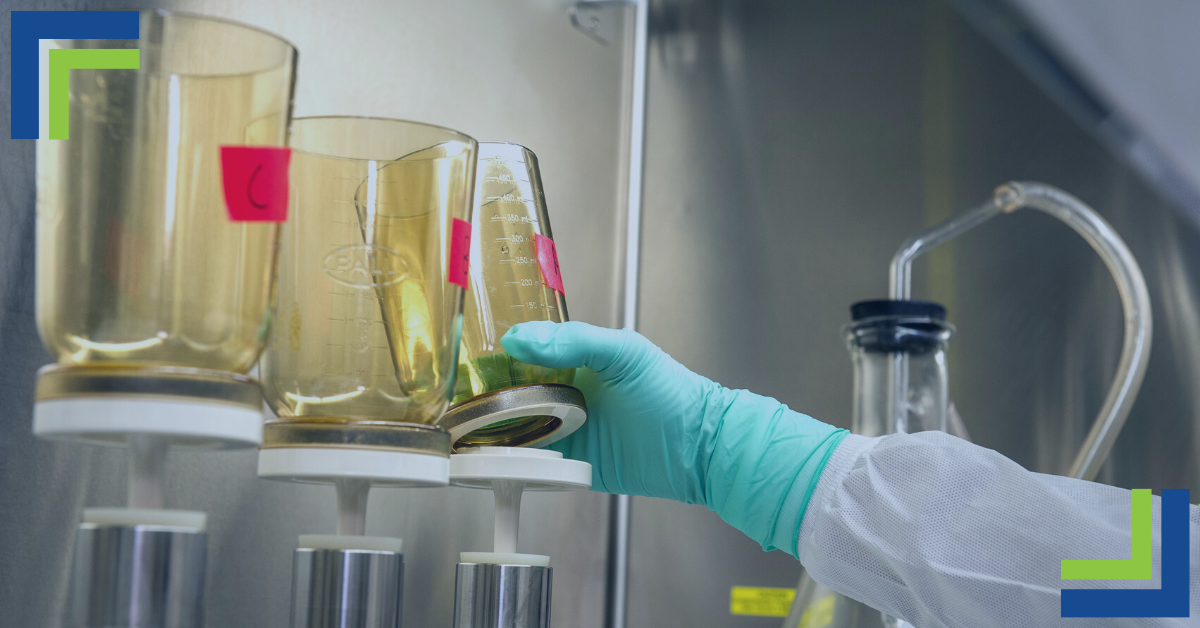
Decommissioning is quite an undertaking whether you’re renovating, relocating, or closing a lab. It’s a project that must follow specific guidelines to ensure standards are followed with minimal liability. If you’re wondering how closing a lab works, we have the steps to follow: a lab closure checklist to assist you from beginning to end.
Develop a Plan
Before your team gets started with the phases of decommissioning a lab, you need a plan. Start by checking your equipment and chemical inventory. Once completed, it’s time to begin a full lab audit.
- Lease obligations – If the parameters concerning moving out and decontaminating your space are vague, it can turn costly. From damage to walls and floors to discovering unanticipated waste or contaminants. It’s best to prepare for the unexpected and gather as much information as possible concerning landlord expectations ahead of time.
- Seek guidance – Ask colleagues who have been a part of lab decommissioning for their advice concerning what worked well, what did not, and what they would have done differently.
- Find the stakeholders – Internally, your researchers, facilities group, the finance department, and environmental health and safety teams should play an integral part. Externally, keeping the property owner informed and part of the process is critical.
- Dispose of chemicals and equipment – If not storing them, dispose of chemicals properly. If you have lab equipment you’re ready to part with, contact Bane Bio. We are the scientific supermarket and happy to help you sell your inventory.
- Licenses and permits – Are there some permissions that must be managed to dispose of lab items? Some take a while to secure, like the disposal of radioactive materials. Have all licenses and permits in place before starting the big move.
- Decommissioning costs and enlisting partners – Some companies can help you move the process along efficiently. Working with vendors who specialize in this project may be worth the investment.
- Storage – Are there some items that you plan on keeping? Do they have a place to go? Make sure a storage location and the proper moving help are scheduled early in the process.
- Safety and security – If chemical exposure is a risk, or you have high-dollar equipment moving out, safety and security plans must be enacted.
Assess Decontamination Areas
Areas must be assessed and cleaned wherever chemicals are stored and utilized. Other rooms, like offices and common areas, will have different needs. Create a list of which rooms need decontamination and which require a little spring cleaning. It is your responsibility to clear the lab thoroughly and responsibly.
Areas to decontaminate include:
- Work surfaces, tables, drawers, shelves, and cabinets
- Floors and walls
- Waste receptacles
- Chemical storage areas
- Any spills
- Cold rooms
- Animal care areas
- Fume hoods
- Plumbing
- All lab equipment
- Wastewater systems
- Waste pickups
Decontamination Documentation
Note everything that’s been completed and the procedures followed. Keeping accurate records means you have answers if there are questions later on. Your records should include:
- All assessment data
- Means and methods of the assessment
- Cleaning protocols for each area
- All chemicals and hazards present during the process
- How levels of risk were mitigated
- All acceptable levels of risk certified by an industrial hygienist
- Where hazardous and nonhazardous waste was disposed of
- Where itemized equipment is now stored
- Photos that show the lab before and after decommissioning
- Contact information for all who were part of the process
BaneBio understands the pressures of closing labs and what to do when you’re ready to rehouse your equipment. Let our team of highly-trained service technicians step in and assist with your gently-used items. Headquartered in Maryland, BaneBio proudly serves scientific communities throughout the world. Get in touch and let us know how we can help!

